Tehran(Bazaar)- "I don’t see “New Levant” project as a threat to the Iranian economy as much as an opportunity for Israel to offer further concessions after the disappointing outcomes of Abraham Accord", Harry Istepanian said in an exclusive interview with Bazaar.
He also explained that Iraq might ask Iran to increase the power import as the demand for the electricity is increasing substantially every year and Iraq is no longer able to increase its generation capacity due setbacks in fuel supply to the power stations.
Harry Istepanian is an independent energy expert based in Washington D.C. He is a senior fellow at the Iraq Energy Institute.
Following is the text of the interview.
Bazaar: Egypt's President Abdel Fattah al-Sisi and Jordan's King Abdullah II held a tripartite summit with Iraq's president Sunday, in the first visit by an Egyptian head of state to Baghdad in three decades. Iraq is seeking to move closer to Arab allies of the United States in the Middle East including Saudi Arabia, Egypt and Jordan. While Iraq supplies 40 percent of its electricity needs from Iran, what is it seeking by signing an agreement with Arab countries?
Istepanian: The government of PM Mustafa Al-Kadhimi has been attempting to maintain the balance among Iraq surrounding neighbors since he assumed office in May 2020. He is seen as close friend to Saudi Mohammed bin Salman.
Most likely the summit is blessed by the Saudis to reinforce such balance. However, the new alliance is more economic than political unlike the Arab Cooperation Council (ACC) which was established in late 80s. Iraq is looking for new market in Europe for selling oil, Port of Aqaba on the Red Sea could be the new potential port rather than to the Mediterranean through Syria and Lebanon for security reasons. Egypt looks to Iraq as potential market for reconstruction especially in Sunni areas affected by the war against IS.
The Jordanians have expressed the willingness to match the Iranian price for electricity sold through the new transmission line that is currently under construction. However, I don’t see any near replacement neither to the Iranian gas nor electricity as both the Jordanian and GCCI interconnections will take at least two years to complete.
In fact, Iraq might ask Iran to increase the power import as the demand for the electricity is increasing substantially every year and Iraq is no longer able to increase its generation capacity due setbacks in fuel supply to the power stations.
Bazaar: A senior Iraqi economic expert has said that the Iraqi prime minister's new plan, in terms of Iraq's approach to the US economy, means the sheikhdoms of the Persian Gulf, Egypt and Jordan, and that this means abandoning the agreement with China that Adel Abdul Mahdi's government has with Beijing. Signed in 2019. What is your opinion and analysis in this regard?
Istepanian: Iraq is aiming to reframe the strategic agreement with the United States to focus more on rebuilding the economy and inviting the US companies to invest in the Iraqi market, but we haven’t seen this happening so far.
On other hand, the Chinese firms and investment banks are filling the gap while many western firms are pulling out from the oil & gas agreements with Iraq. However, we have seen recently many Gulf companies are willing to enter the market especially in construction and energy sectors, which Iraq need badly. The Gulf investors are taking advantage of proximity to Iraq and the private sector long experience in sectors such housing and renewable energy.
Bazaar: New Levant (Egypt, Iraq and Jordan) which will significantly increase the economic ties between Iraq, Jordan and Egypt, can be linked to efforts to get Iraq out of the axis of resistance to realize the Greater Israel Plan. What is your assessment and opinion in this regard?
Istepanian: The geopolitics of the Middle East has become very dynamic and changing quite rapidly as many countries such like Egypt have gone through political changes after the Arab spring. The next elections in Iraq might bring more changes in the region as the influence of the United States and Iran is becoming less appealing to the Iraqi voters.
I don’t dismiss Lebanon might join the “New Levant” and probably Syria at later stages for more economic regional integration but with weak political ties. This would be important to balance Turkey’s emerging economy and lifting the economic sanctions on Iran.
Bazaar: What are the threats of the "New Levant" project for Iran?
Istepanian: I don’t see “New Levant” project as a threat to the Iranian economy as much as an opportunity for Israel to offer further concessions after the disappointing outcomes of Abraham Accord.

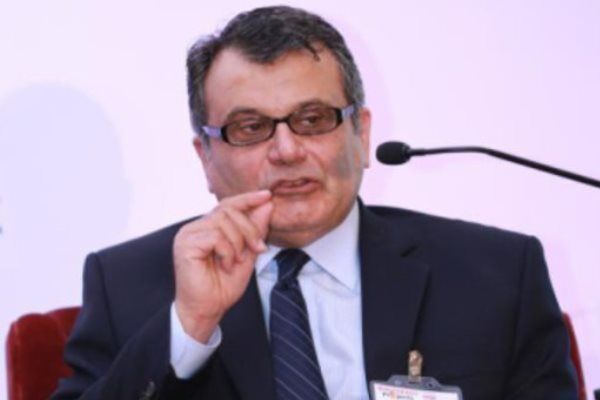



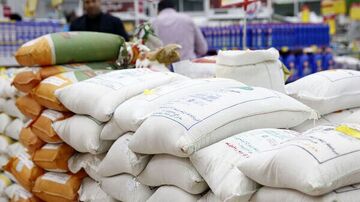


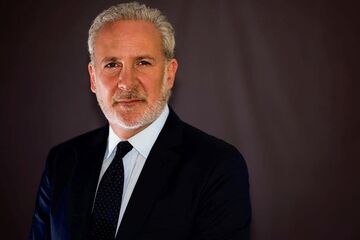

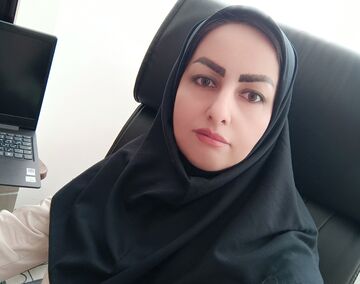
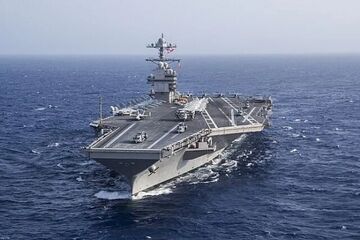
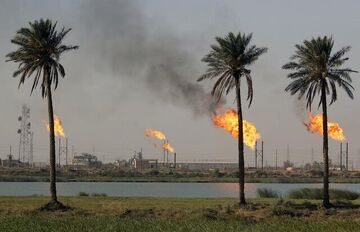
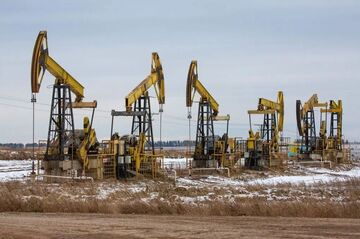
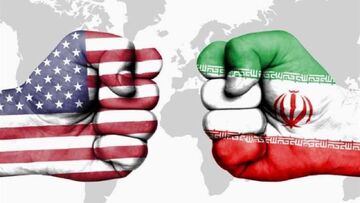
نظر شما